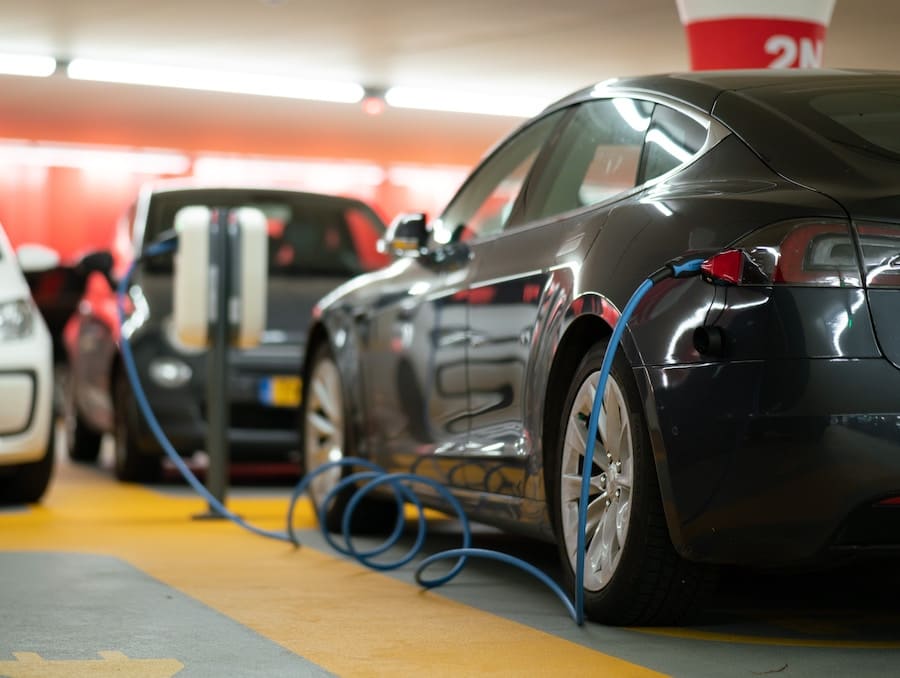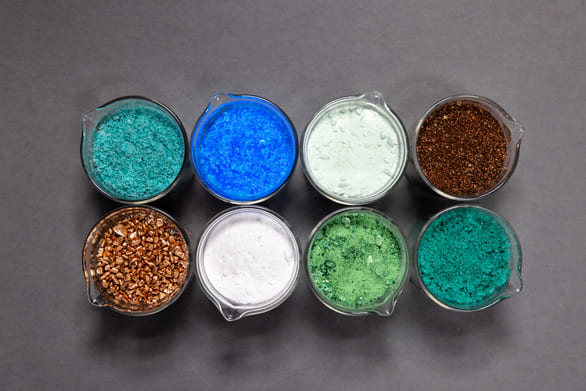America’s clean energy future starts in Nevada

A statewide effort, backed by a federal program
Nevada Tech Hub is part of the federally funded Regional Technology and Innovation Hubs (Tech Hubs) program through the Economic Development Administration (EDA). Passed with bi-partisan support in 2022 as part of the CHIPS and Science Act, the program is designed to bolster America’s position in critical industries. By investing in regional partnerships that are working toward advancing key and emerging technologies, the Tech Hubs will ensure these critical industries and the high-quality jobs that come with them are created, grown and kept in the United States.
Nevada Tech Hub is one of 31 Tech Hub designees across the U.S.; each identified for its potential to become globally competitive in the technologies and industries of the future. These Tech Hubs are laying the groundwork for U.S. global leadership in critical technologies for decades to come.

A growing need for EV battery materials
U.S. investments in EV battery manufacturing have soared from $120 billion in 2023 to $188 billion in 2024, more than a 50% increase in one year.* In 2024, global EV sales accounted for 20% of all cars sold, while in the U.S., sales grew by about 10% over 2023, accounting for more than 1 in 10 cars sold. In 2025, EV sales are expected to account for a quarter of all sales. The first quarter of 2025 alone saw more than 4 million electric cars sold - more than 1 million more compared to the same period in 2024. ** As EV sales continue to rise, the battery demand to power them is expected to grow threefold by 2030.**
*Source: Environmental Defense Fund Mar. 2024: U.S. Electric Vehicle Manufacturing Investments and Jobs: Characterizing the Impacts of the Inflation Reduction Act after 18 Months
**IEA Global EV Outlook 2025

It's more than batteries
The green energy transition isn’t just about the environment; it’s an economic and national security strategy. Currently China is in control of both battery production and the necessary critical minerals that go into them, producing 80% of global battery cells in 2024. China also has the majority share of battery components, supplying almost 85% of cathode active materials and over 90% of anode active materials.*
By developing a domestic supply chain for these critical materials and fostering the development of technology and businesses that can produce battery cells, America’s dependence on imports is reduced, while creating high-paying jobs and securing our nation’s energy future at the same time.
*Source: IEA Global EV Outlook 2025
